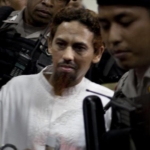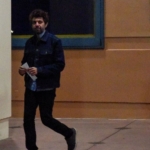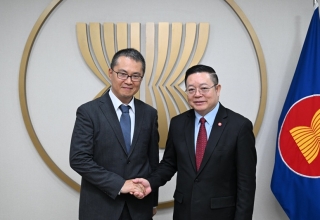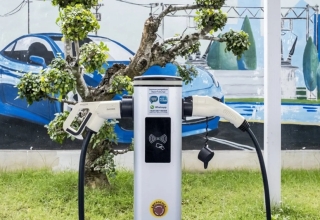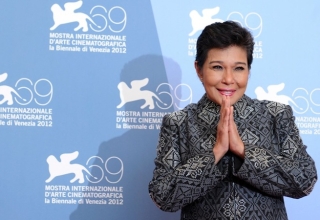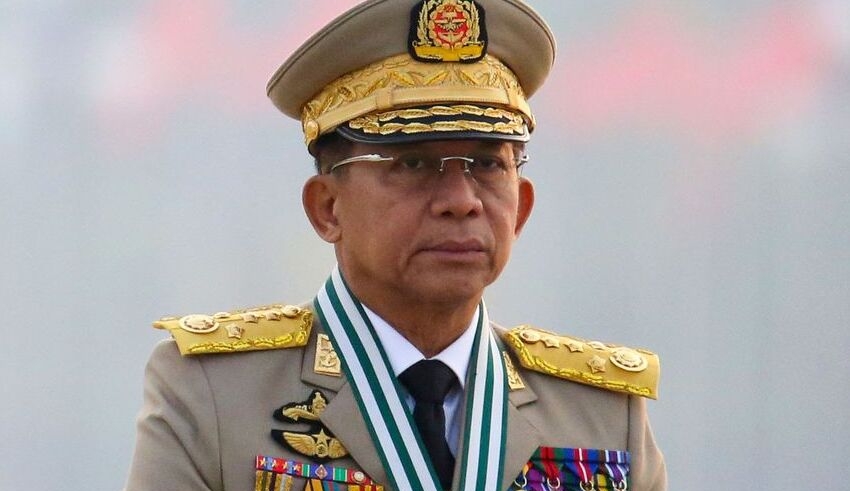
On Thursday, December 22, Thailand convened regional consultations to discuss the situation in army-controlled Myanmar, including rare overseas appearances by junta ministers. However, despite invites, several prominent members of the Association of Southeast Asian Nations (ASEAN) did not participate.
Myanmar, Laos, and Cambodia’s foreign ministries, as well as Vietnam’s deputy foreign minister, participated in the meetings hosted by Thailand’s foreign minister, according to Thai foreign ministry spokesperson Kanchana Patarachoke.
Malaysia, the Philippines, Indonesia, and Singapore – the most strident ASEAN opponents of the junta – were not represented.
Kanchana stated that the discussions focused on humanitarian assistance and finding means to execute an ASEAN peace plan known as the Five-Point Consensus, but no tangible outcomes were revealed.
The 10-member committee has had internal strife on whether to deal with the military that took power in Myanmar on February 1 of last year in a coup that wrecked a decade of democratic development and plunged the country into war and economic disaster.
Myanmar’s generals have been forbidden from attending high-profile ASEAN summits for failing to fulfill commitments made last year to begin negotiations with opponents associated to the deposed civilian administration led by Nobel Peace Prize laureate Aung San Suu Kyi.
Thailand’s Kanchana stated that Thursday’s meeting took place alongside bilateral Thai-Myanmar negotiations in Bangkok.
“The consultation was not an ASEAN event, but it was meant to supplement ASEAN’s continuing collaborative efforts to find a peaceful political settlement,” Kanchana said in a statement.
Keep Reading
Myanmar’s Foreign Minister Wunna Maung Lwin, Minister for Investment and Foreign Economic Relations Kan Zaw, and Minister for International Cooperation Ko Ko Hlaing participated, according to a statement from Myanmar’s foreign ministry.
According to the report, the group “described the terrorist operations” of People’s Defense Forces (PDF) militias affiliated with the deposed National Unity Government (NUG).
“Therefore, the Myanmar delegation asked ASEAN member states to oppose the terrorist acts of the NUG and the PDF and to discourage any moral, material, and financial assistance for these terrorist groups,” the statement read.
Due to its failure to cease offensives against a resistance force, Myanmar’s ties with ASEAN have been strained.
ASEAN, which makes decisions by consensus, agreed last month to keep Myanmar’s generals on the sidelines until they comply with their delayed peace plan, which remains the sole active diplomatic procedure.
The conference occurred one day after the United Nations Security Council approved its first resolution on Myanmar in 74 years, urging an end to violence and the release of all political prisoners by the government. The junta of Myanmar did not respond to calls seeking comment.
Malaysia stated that it will not attend the Bangkok summit, but did not specify why. The Philippines stated, without elaboration, that their foreign minister will also not participate.
The foreign ministries of Indonesia, the 2023 ASEAN chair, and Vietnam said that their senior diplomats were occupied with the president of Vietnam’s formal visit to Jakarta.
The foreign ministry of Singapore did not reply to a request for comment.
However, an unnamed diplomatic source read to Reuters what they said was a letter signed by Singapore’s foreign minister objecting to the conference since ASEAN had agreed to ban the junta from such gatherings. Reuters was unable to confirm the letter’s contents.
“Any ASEAN conference, official or informal, must adhere to this resolution,” the document stated, according to the source.
